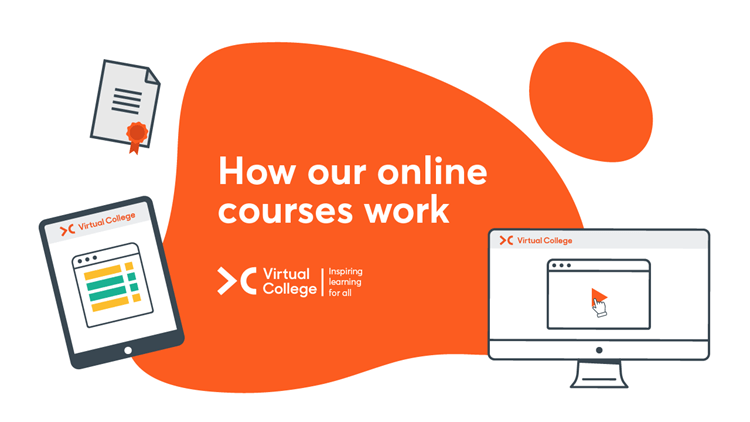Safeguarding Adults Level 3 Refresher Training
Course Overview
Format
- Level 3
- 2-3 Study Hours
- Online Study
- Self-Printed Certificate
Accreditation
- 3 CPD Points
- CPD Certified
Course description
Our Safeguarding Adults Level 3 Refresher course has been designed for anyone who has completed their training in the past, whether that is by face-to-face or digital training, and is looking to refresh and update their knowledge.
Anyone who works with vulnerable adults will have safeguarding responsibilities, but these will vary depending on your role. Our level 3 course is designed for managers or supervisors, or any designated safeguarding lead.
Our course covers all the topics and information you need to successfully carry out your role including the latest legislation and guidance, signs and symptoms of abuse, the types of abuse, and how to respond to disclosures of abuse, including reporting and recording.
We also offer Safeguarding Adults Training at Level 1 and Level 2
Unsure if you require Level 1, 2 or 3 Safeguarding Adults training? Check out our short guide to find the course that best matches your needs and requirements here.
Why take this course?
Anyone who works with vulnerable adults has a duty to safeguard. In order to understand and fulfil your duties, you must undertake safeguarding training. But in order to keep up to date with the everchanging topic, training must be regularly refreshed, which is why refresher courses are so important.
Companies will decide how often training needs to be refreshed, though every two years is a common recommendation; this will depend on the roles and responsibilities though.
Course Overview
This level 3 refresher course comprises many different bite-size modules covering a range of different topics necessary for you to be able to understand and carry out your safeguarding responsibilities.
This bitesize design offers the opportunity to dip in and out as you need, and it is structured so the topics can be carried out in the order which best suits your needs. This meets the flexibility that so many learners are asking for in this busy working world.
The course also includes challenges and immersive real-world scenarios that will not only help embed the learning, but also help relate the learning to your role.
Our course covers a range of topics, including:
- An overview of safeguarding
- The latest legislation and guidance
- Multi-agency working
- Definitions, jargon and key terms
- Disclosure of information from adults
- National and local contexts
- Reducing the likelihood of abuse
- What to do if you suspect abuse
- Signs and symptoms of abuse
- Whistleblowing
- Types of abuse
- Roles and responsibilities
- Recognising abuse
- How to deal with suspected/disclosed abuse
- Record-keeping and reporting
Who should take this course?
This training course should be taken by anyone who has previously completed their Safeguarding Adults Level 3 training and needs to refresh and update their training.
This may include roles, such as GP, doctor, registered nurse/nursing associate, paramedics, all mental health staff, sexual health staff, social worker, support worker/intervenor, care coordinator or manager, or police officer.
You will learn
- Explain the profound impact some well-known cases of abuse have had on legislation
- Explain the importance of multi-agency cooperation
- Define safeguarding in respect to vulnerable adults
- Describe what you need to do if a vulnerable adult makes a disclosure or if you suspect abuse
- Explain what whistleblowing is, what it is not and why it is important
- List the ways you can reduce the risk of abuse
- List the signs and symptoms of the different types of abuse
- Outline the responsibilities lead workers have in safeguarding situations
Who is it for?
Roles including:
- Doctors
- Nurses
- Social workers
- Care workers
- Police
- Paramedics
- Council workers










/safer-recruitment.jpg?mw=320&hash=A2BB5E144C89C295EC10C63680F69F39C4C3E566)













